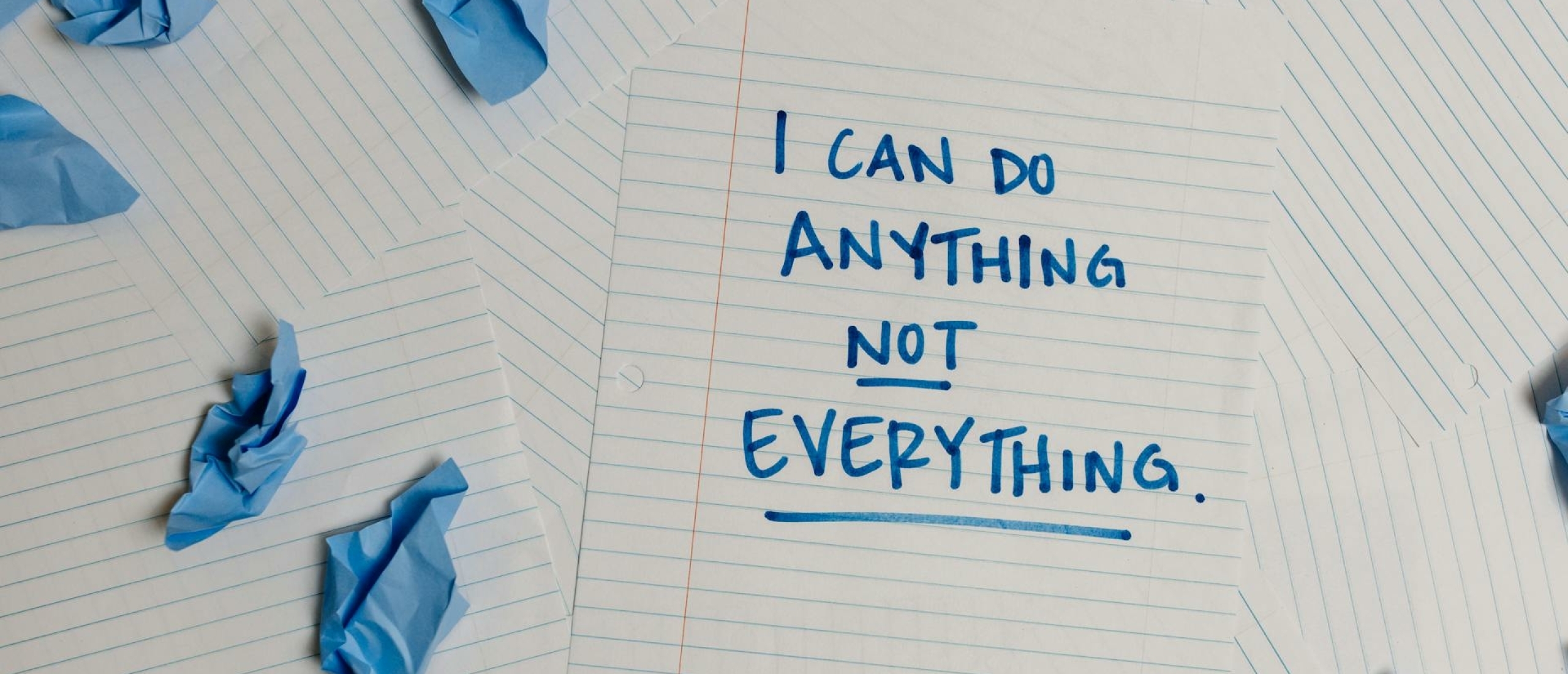
Workplace stress doesn’t start with a crisis — it builds gradually. A missed deadline here, a tense exchange there, a quiet employee who used to speak up. These early signs of stress at work often go unnoticed until they grow into bigger problems: burnout, disengagement, absenteeism, or team conflict.
But if you know what to look for, you can intervene early — before stress becomes a performance or well-being issue.
In this guide, you’ll learn:
- How to recognize the early signs of workplace stress
- Why early detection helps prevent burnout and conflict
- What managers and HR professionals can do to respond effectively
Spotting stress early isn’t just good for people — it’s essential for maintaining trust, engagement, and team performance.
Why Early Detection of Stress Matters
Stress is a natural part of work life. Deadlines, new challenges, and occasional pressure are normal.
The problem starts when stress becomes constant — or when it goes unspoken for too long.
Unchecked stress affects not just individual performance, but team dynamics, client relationships, and overall company culture.
Early action helps because:
- Small problems are easier (and cheaper) to fix than full-blown crises.
- Employees feel valued when managers show they care about well-being.
- Trust and productivity grow when organizations focus on prevention instead of just damage control.
In short: catching workplace stress early protects both people and performance.
5 Early Signs of Workplace Stress Managers Shouldn't Ignore
1. Employees Start the Day Already Drained
If you notice team members arriving late more often, moving slowly in the morning, or needing multiple prompts to get started, this may be more than tiredness — it could signal emotional or cognitive overload.
What to look for:
- Frequent complaints of poor sleep
- Low energy during the first part of the day
- Subtle avoidance behaviors (e.g. coffee breaks before starting tasks)
Why it matters:
Fatigue is one of the earliest signs of stress-related exhaustion — and it often shows up before anyone uses the word "stressed."
2. Mood and Tone Begin to Shift
Stress doesn’t appear as panic or visible frustration. More often, it sneaks in through sarcasm, irritability, or growing impatience in small interactions.
What to look for:
- Eye rolls, sighs, or snippy comments in meetings
- Reduced tolerance for mistakes or delays
- Avoidance of casual conversation
Why it matters:
These shifts affect team morale and communication. Left unaddressed, they can signal declining emotional bandwidth — and lead to deeper interpersonal friction.
3. Withdrawal from Meetings or Conversations
One of the clearest early signs of stress is a slow disengagement from others. You might notice that a typically vocal employee has gone quiet — or that feedback loops are breaking down.
What to look for:
- Fewer contributions in meetings
- Less proactive communication via email or chat
- Missed opportunities for informal connection
Why it matters:
Silence often signals stress before burnout or conflict do. It’s also easy to miss — especially in remote or hybrid teams.
4. Focus and Productivity Start to Slip
When stress builds up, concentration suffers. You may start to see:
What to look for:
- More errors in routine tasks
- Trouble remembering details
- Difficulty managing priorities or deadlines
Why it matters:
Cognitive overload makes people less effective — and more prone to burnout if pressure continues.
5. Physical Complaints Become More Common
Stress often shows up in the body before the mind catches up. Team members may begin mentioning headaches, digestive issues, or general fatigue.
What to look for:
- More frequent sick days or unexplained absences
- Comments about feeling “run down” or “tense”
- Declining enthusiasm for workplace routines
Why it matters:
Repeated physical complaints may reflect chronic stress — not just random illness. They’re worth paying attention to.
Already seeing several of these signs in your team? Learn how to recognize the early warning signs of burnout at work and take action before it’s too late.
For a full overview of symptoms of stress, please read the article "Signs of Stress".
3 Practical Responses Managers Can Take
1. Start Open Conversations
Create an environment where it’s safe to talk about workload, pressure, and mental well-being.
- Schedule regular 1:1 check-ins that focus not just on tasks, but on how employees are feeling.
- Model openness by sharing your own stress management strategies.
Sample prompt:
"I've noticed you've seemed more tired and quiet lately — how are things going for you?"
2. Adjust Workload and Expectations
Sometimes a small change can make a big difference:
- Prioritize tasks clearly (not everything is equally urgent!)
- Build in realistic deadlines and avoid defaulting to ASAP
- Offer flexibility where possible to support individual work styles
Tip: Many of these strategies are detailed in our post on creating a low-stress workplace.
3. Encourage Micro-Breaks and Recovery Time
Stress is not just about how many hours people work — it’s about how much time they have to recover.
Teach and model habits like:
- Taking 5-minute breaks every hour (as covered in our micro-breaks guide)
- Encouraging walking meetings for casual check-ins
- Making lunch breaks away from the desk a norm
Even small recovery moments throughout the day help reduce the long-term impact of stress.
Prevention Is Power
Recognizing the early signs of stress at work is one of the most powerful tools managers and HR professionals have.
The earlier you notice — and the sooner you act — the more control you have over outcomes.
Workplace stress doesn’t have to end in burnout or disengagement. With early awareness, open communication, and smart adjustments, you can create a healthier, more successful work environment for everyone.
Looking for more practical insights? Explore our full range of workplace stress management strategies — because a little prevention today means a lot more success tomorrow.











